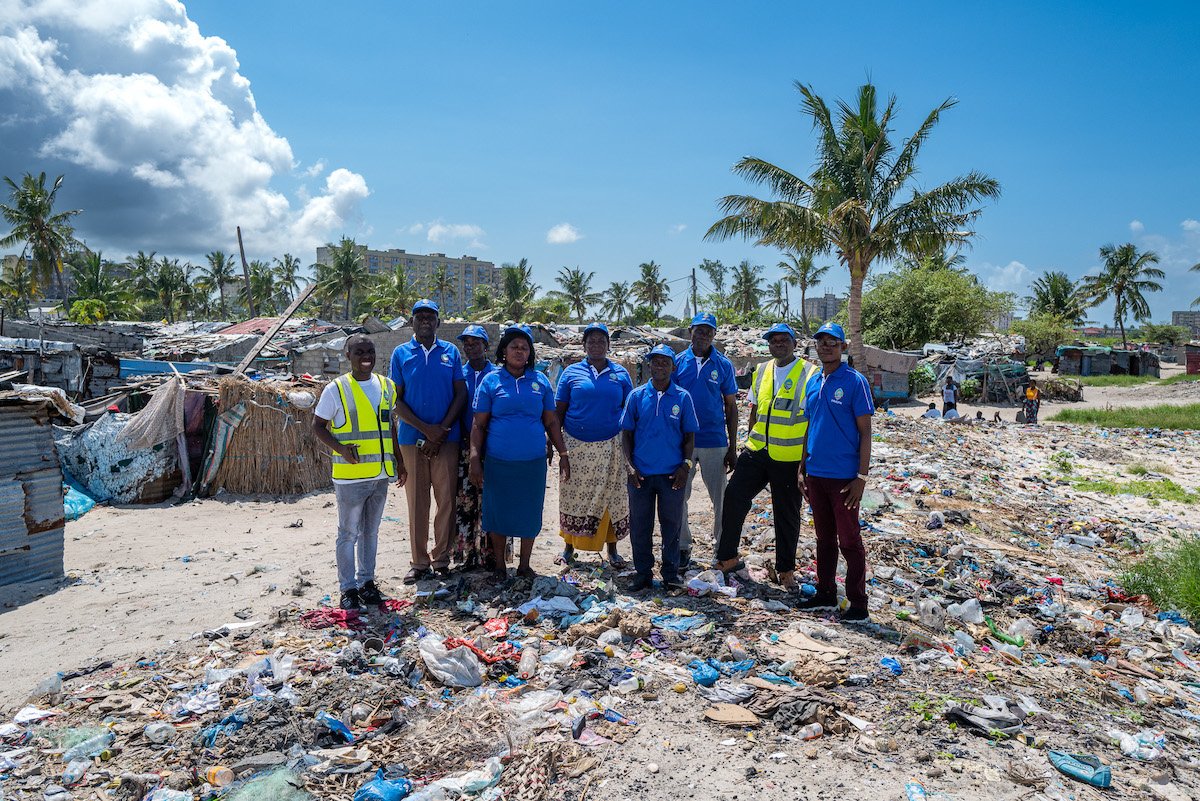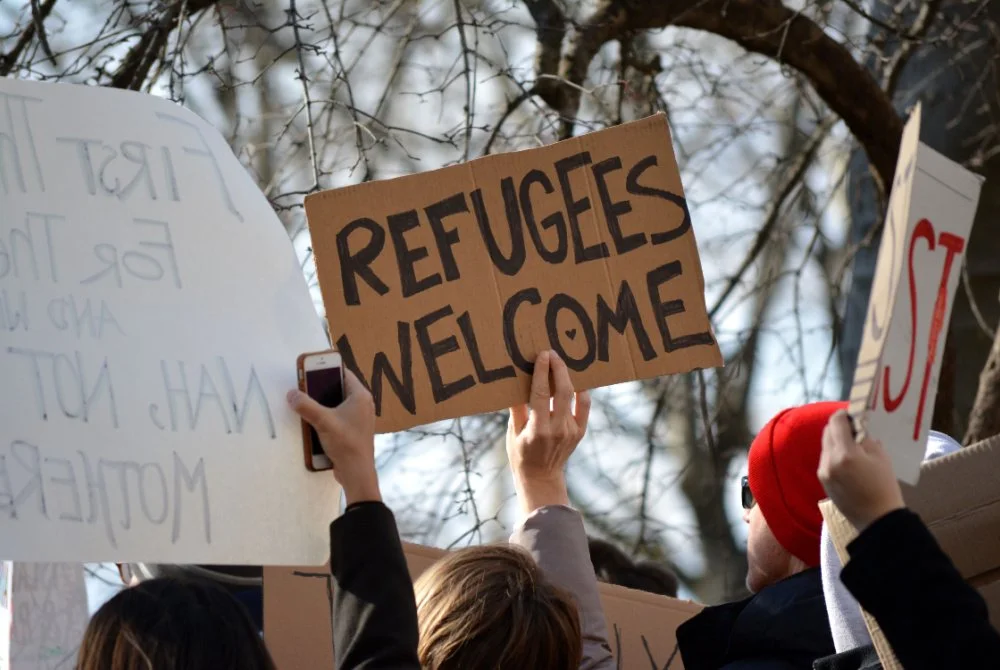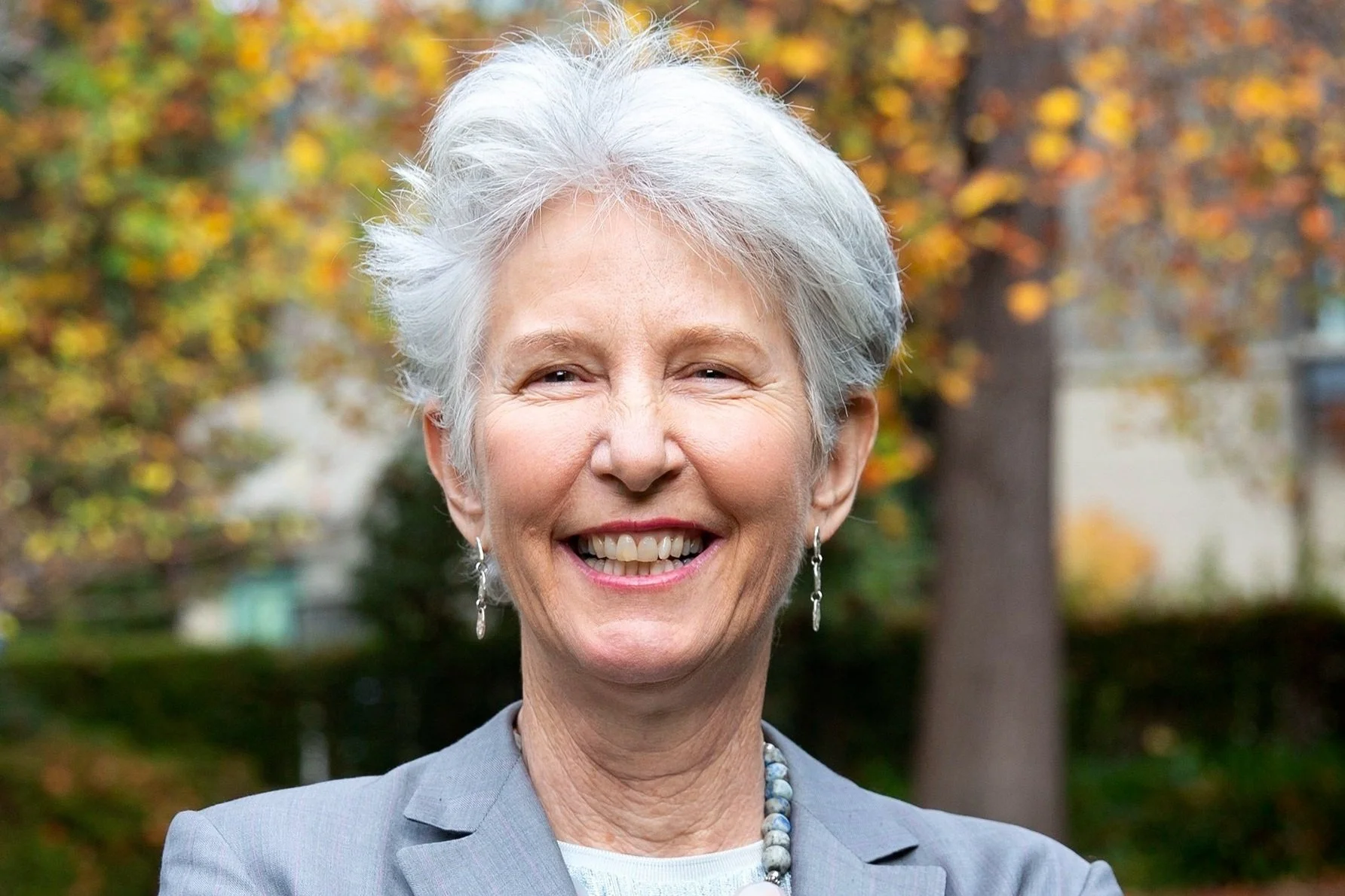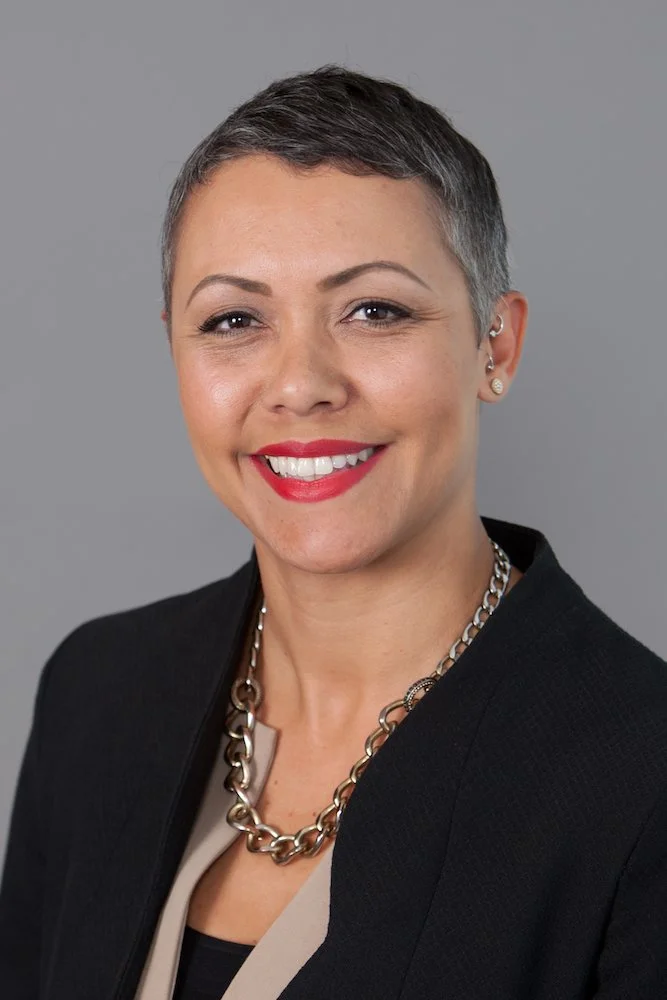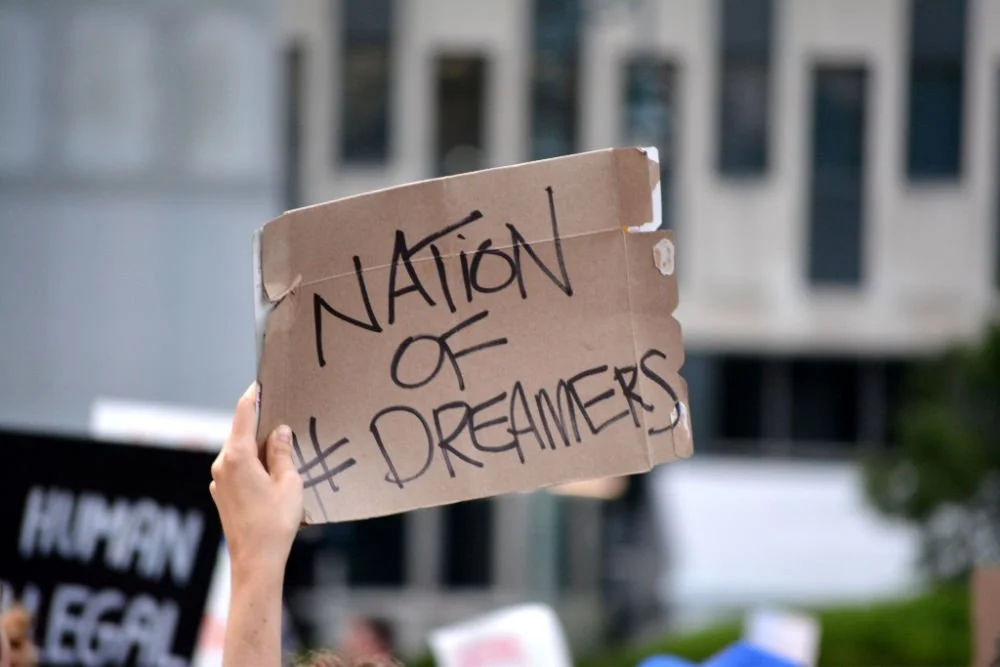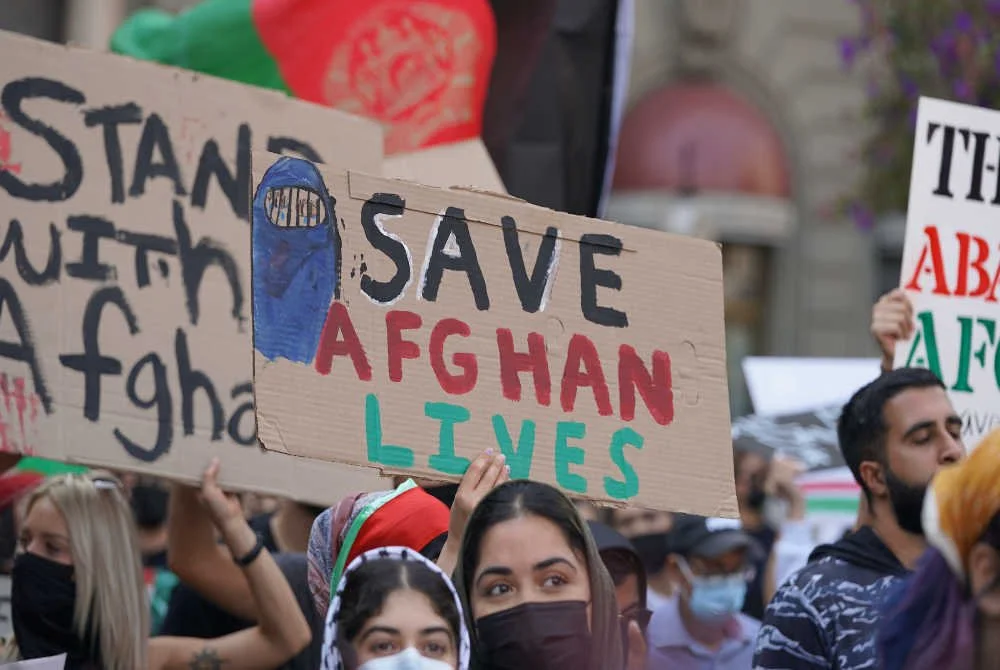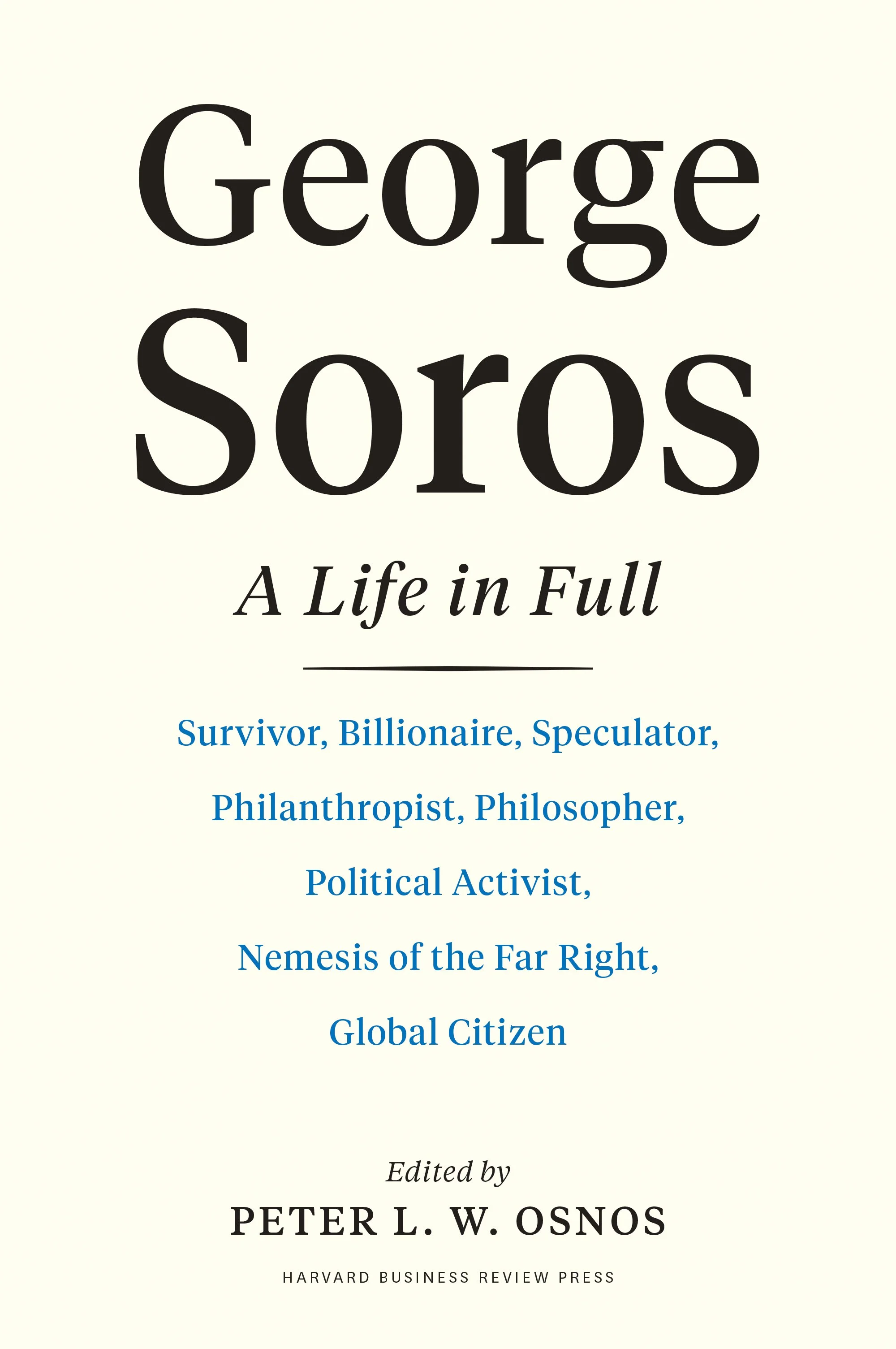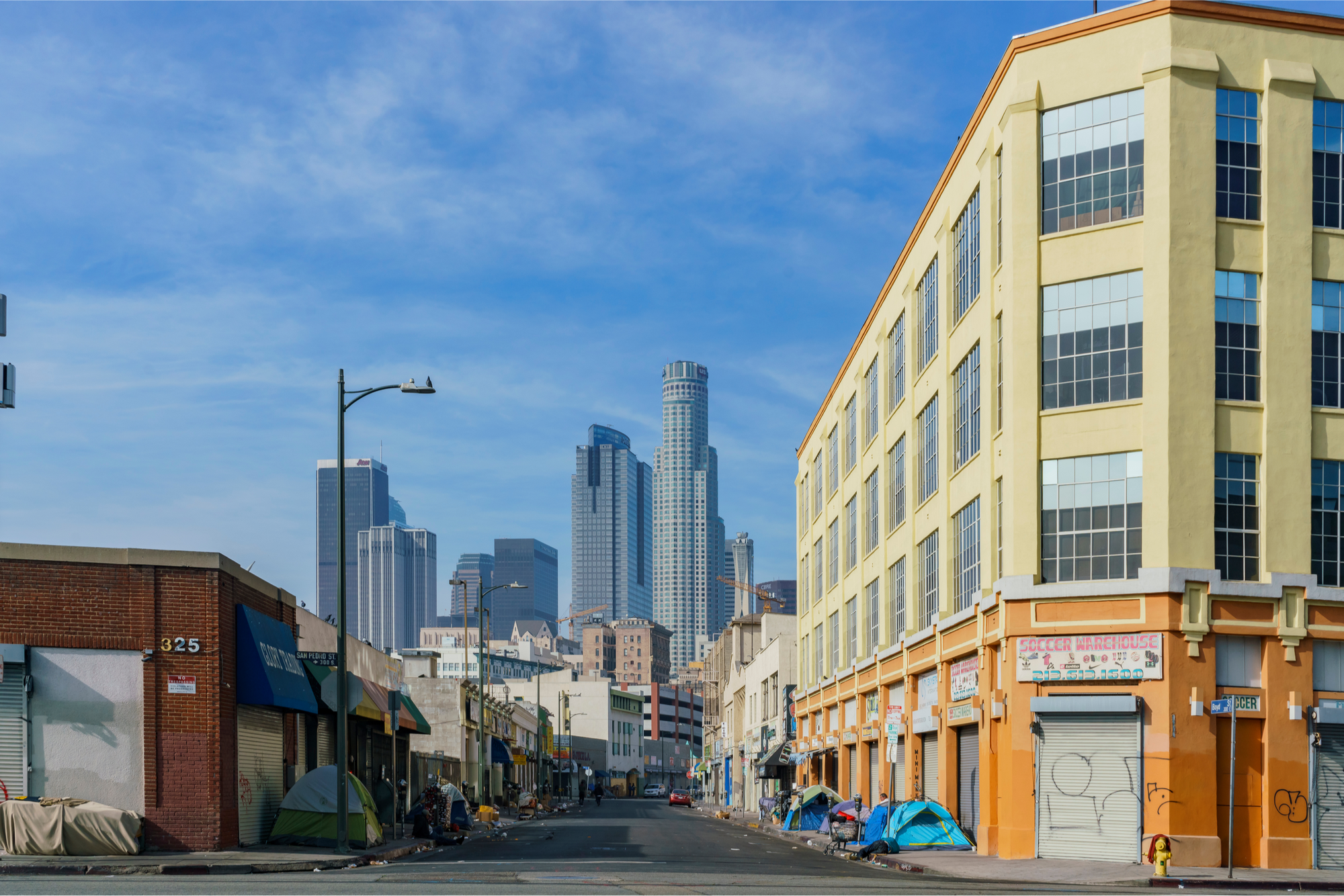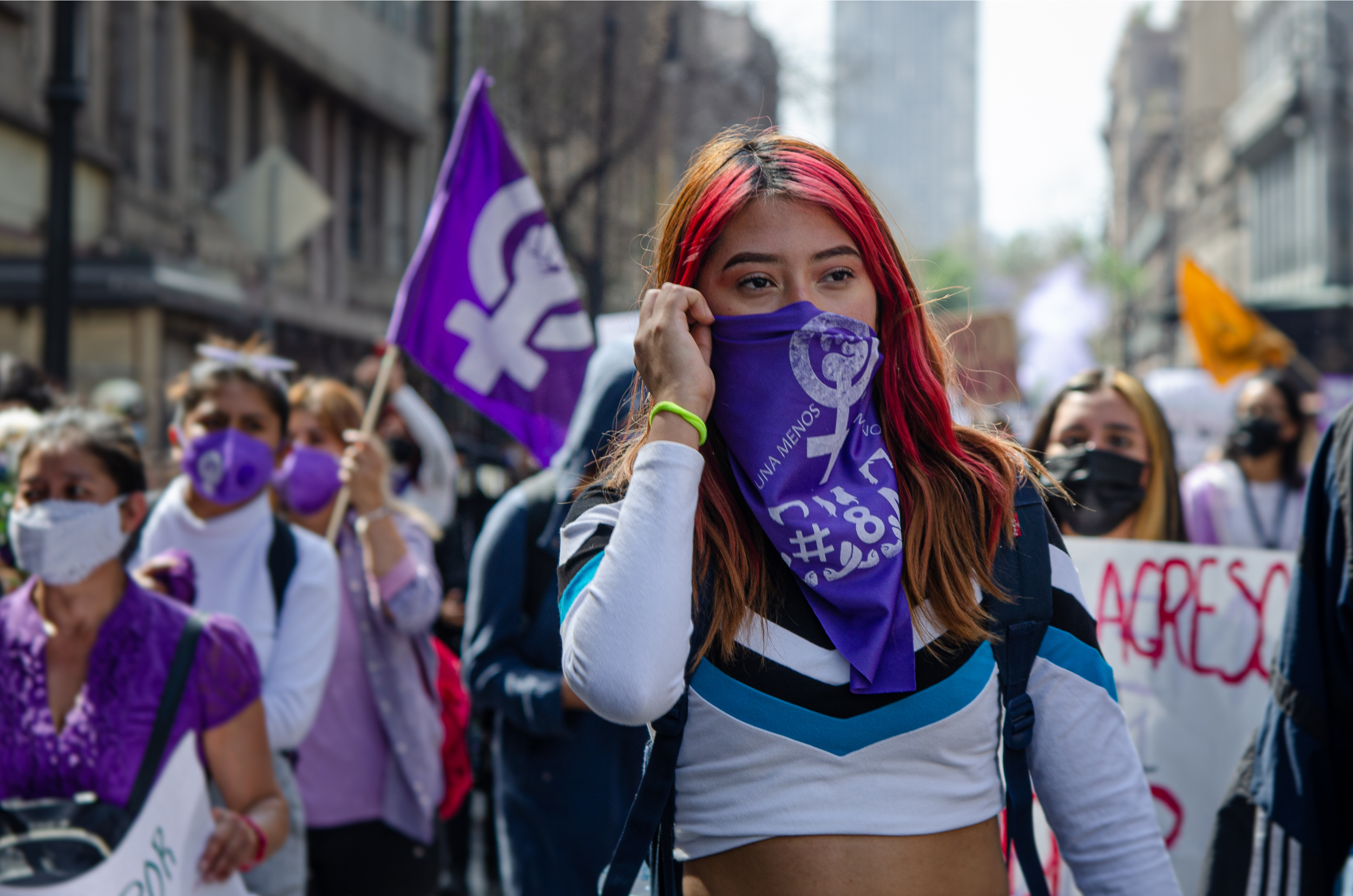The Fight Over Immigrants and Refugees Is Going to Intensify. Here's What Foundations Need to Do
/photo: Rena Schild/shutterstock
A year ago, more than 200 foundations from across the United States signed onto our joint statement in support of immigrants and refugees. This rare act of philanthropic solidarity transcended partisan politics, geography and issue area—and affirmed our nation’s highest ideals of fairness, freedom, justice, and opportunity.
Following this defining moment, many foundations moved quickly from words to action, committing tens of millions of dollars in new funding to protect and defend immigrants, refugees and asylum seekers against seismic policy shifts that have shaken these and other vulnerable communities to the core.
Restrictive immigration policies that were promulgated in 2017 weaken fundamental rights, put the well-being of children and families at risk, strain our workforce, and undermine the contributions of immigrants and refugees to our society. They fray our social fabric, fuel suspicion and fear, and compromise our global leadership. And they reflect deep divisions and sharply conflicting visions of who we are and aspire to be as a nation.
If the first weeks in 2018 are any indication, hostility and intolerance will continue to drive policy debates this year, propelled by all forms of isms and phobias and polarizing rhetoric at the highest levels of government. We have already witnessed stepped-up border and interior enforcement, along with increased detention and deportation, affecting long-time U.S. residents, parents of U.S. citizens, refugees who fled war and persecution, and community leaders and activists. In addition, plans to reduce legal immigration, from family reunification to high-skilled employment to the diversity visa lottery, are on the horizon.
The outlook is dire, and philanthropic leadership is urgently needed. Foundations that dug deep in 2017 must dig deeper in 2018. Those who are new to immigration must inform themselves of the issues. And ultimately, all funders need to consider how immigration policy changes and an increasingly divided society will affect their funding goals and priorities.
Given this challenging landscape, what should philanthropy consider and prioritize this year?
Protect rights. Dedicated rapid-response funding, general support, and other flexible grants are crucial to effectively address fast-moving policy developments. Immigrant-serving groups also need increased funding for know-your-rights education, family emergency planning, legal services, organizing and advocacy.
Address widespread fear and anxiety. The hostile policy environment—and the real possibility of forcible family separation—have fueled fear and anxiety in communities across the country. Funding for culturally competent mental health services is critically needed by those directly impacted and by the nonprofits working with them. Schools must shore up supports and ensure a safe and inclusive learning environment for all students. Local governments must put in place policies and practices to foster inclusion.
Empower and engage. Invest in helping the nearly 9 million naturalization-eligible immigrants become U.S. citizens and engage fully in American civic life. Support integrated voter engagement to ensure that impacted individuals can shape and influence the policies that directly affect their lives. Organize immigrants as part of a broader movement for justice and equity—and lay the groundwork to make sure they and all marginalized communities are counted in the 2020 Census. Engage native-born Americans, both those who are allies and those who see immigrants as a threat.
Promote a narrative of inclusion. How we frame immigration and the role of immigrants and refugees in our society can either build strong, cohesive communities or deepen fissures between various groups. Fund messaging that focuses on what brings people together and uplifts the contributions of newcomers without marginalizing native-born groups. Articulate a generous and expansive vision that welcomes all—from communities of color and working-class whites to undocumented workers and high-skilled immigrants from every corner of the globe—regardless of race, class, religion, national origin, gender identity and sexual orientation.
Strengthen social cohesion. Support innovative programs that bring multiple sectors together to build bridges, reduce tensions and solve problems. Invest in and scale up efforts that reimagine and develop communities where everyone feels valued and included.
The challenges that lie before us are urgent and monumental. Philanthropy must continue to assert bold leadership, walk its talk, and live up to its values. It must deploy every possible strategy and lever at its disposal to defend at-risk communities and build a more inclusive America. The path philanthropy chooses to take this year will not only have short-term implications but will define our collective future for generations to come.
GCIR stands ready as a resource, partner, and catalyst in these extraordinary times.
Daranee Petsod is president of Grantmakers Concerned with Immigrants and Refugees.






